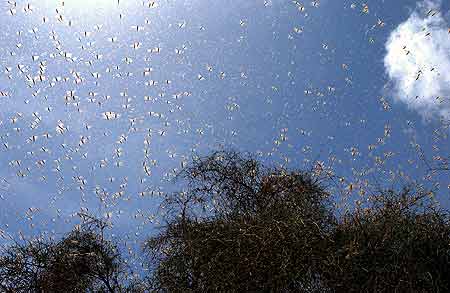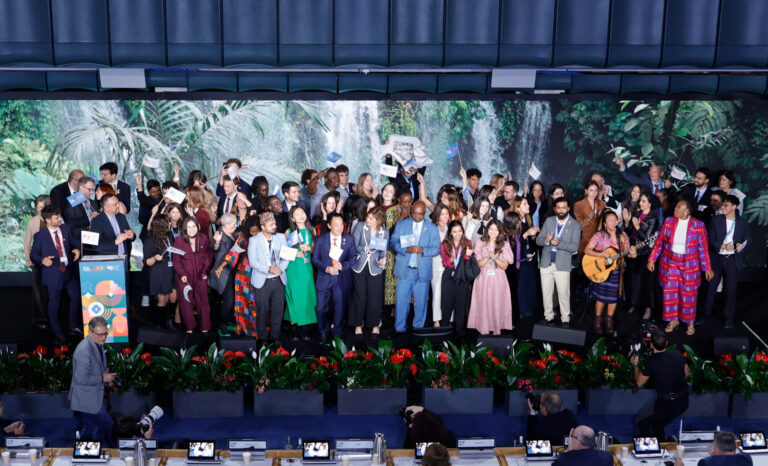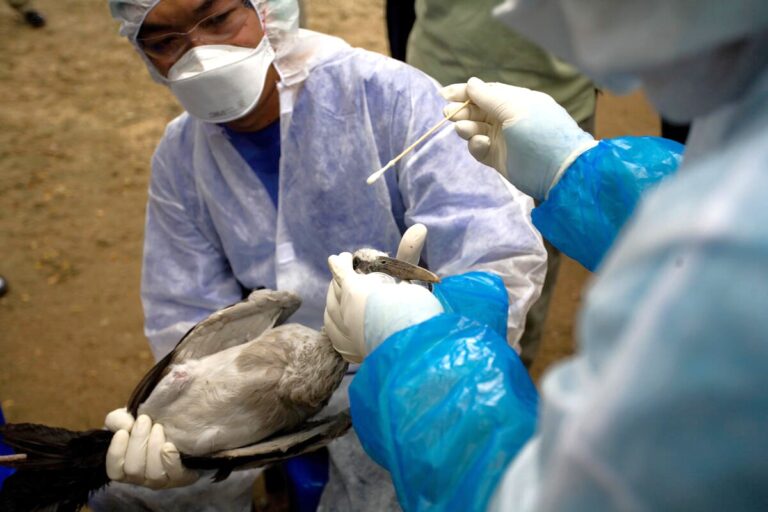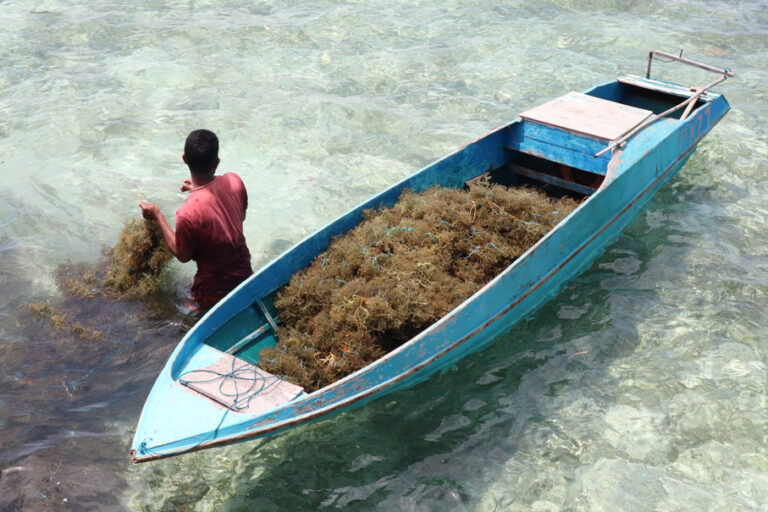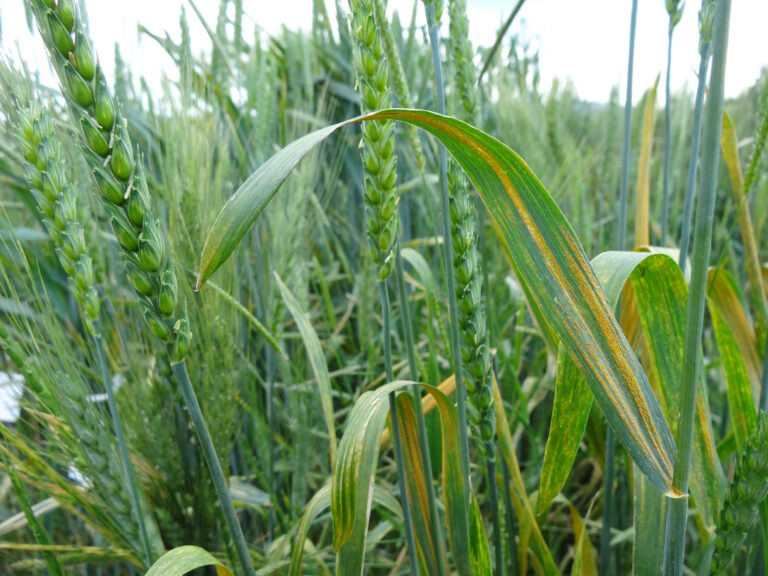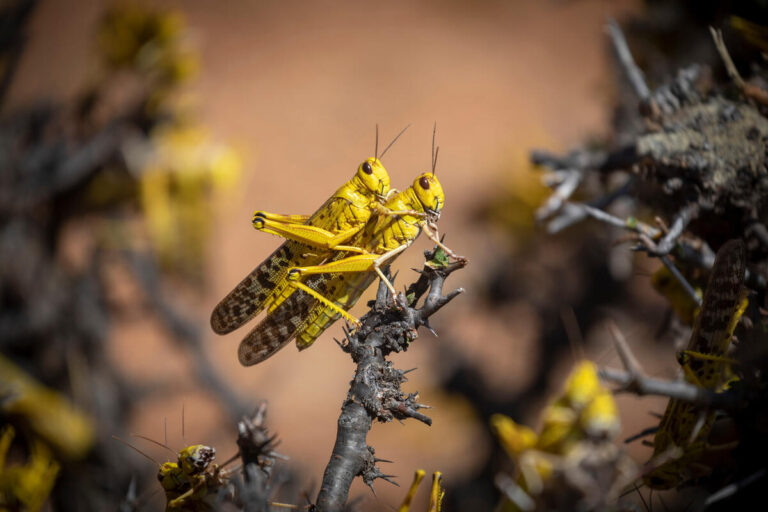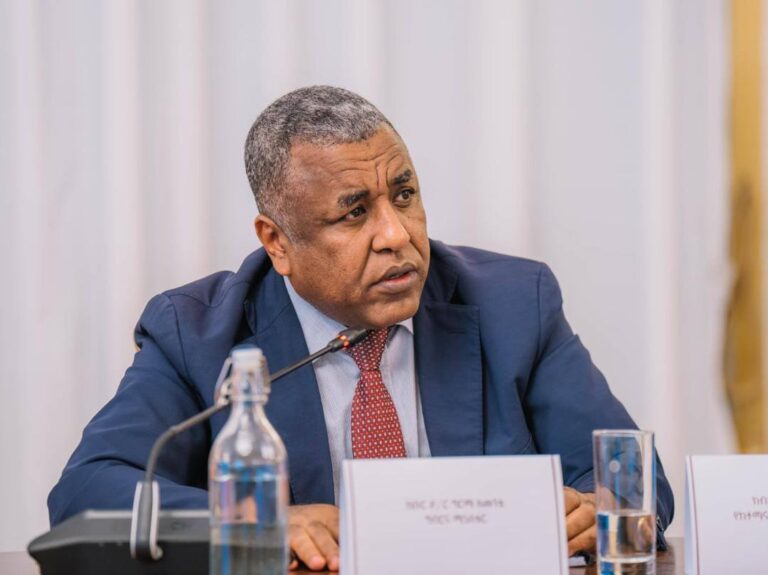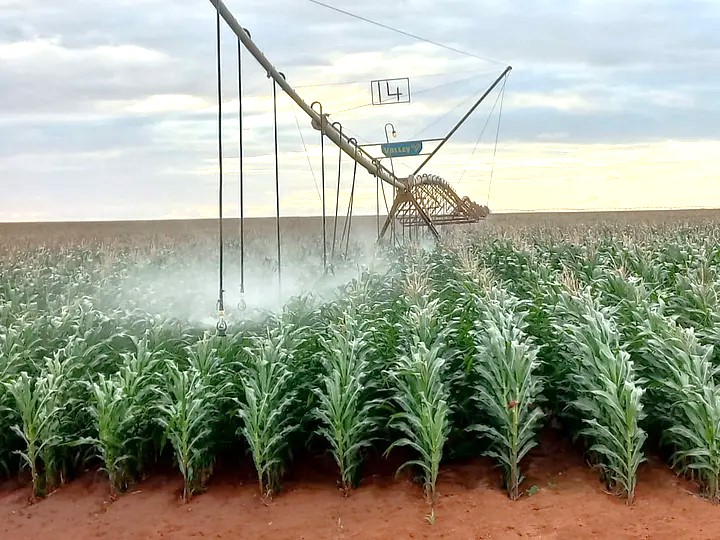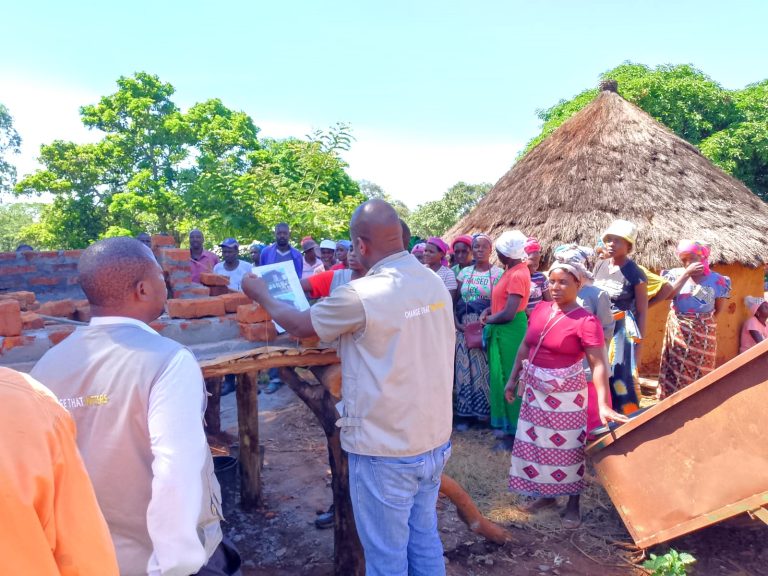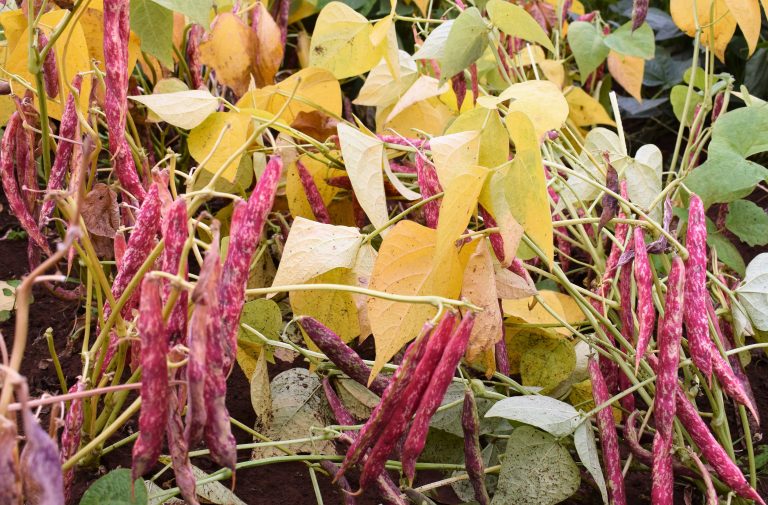The Food and Agriculture Organization of the United Nations (FAO) has launched a programme to safeguard and restore livelihoods of pastoral, agro-pastoral, and farming communities affected by Desert Locusts in Ethiopia.
Over 70 000 households in Afar, Amhara, Somali, Southern Nations Nationalities and Peoples (SNNP), Tigray and Oromia regions will benefit from agricultural inputs, unconditional cash transfers as well as training and extension support. Households highly affected by the Desert Locusts, particularly those headed by women, and with children, the elderly, and disabled, and sick persons will be prioritized.
Farming communities will receive over 500 MT of wheat, maize, mung bean, teff and vegetable (cabbage, carrot, onion, and tomato) seeds, fertilizers, and an assortment of hand tools and irrigation equipment. Pastoralists and agro-pastoralists will be provided with about 340 000 of Multi-Nutrient Blocks to improve animals’ body conditions. In addition, FAO will provide each of the targeted households with about USD 80 unconditional cash transfers to meet their immediate needs and invest in productive activities. The Organization will also promote forage production.
“The interventions will assist the targeted households to cope with the impacts of the Desert Locust damage on crops, livestock, as well as the current economic hardships resulting from the COVID-19 pandemic”, said Fatouma Seid, the FAO Representative in Ethiopia.
“Ultimately the risk of vulnerable communities resorting to negative coping strategies will be reduced,” she added.
The regions affected by Desert Locusts have suffered varying degree losses to crops and pasture resulting in reduced productivity, increased food prices, insufficient availability of grazing pasture, selling livestock at low prices, among others. In April 2020, a joint assessment conducted by the Government of Ethiopia, FAO and other partners found that about one million people, who were affected by Desert Locusts required emergency food assistance. The Report further noted that Desert Locusts damaged about 200 000 hectares of cropland and 1.3 million hectares of pasture and browse.
To implement the programme, FAO will collaborate with the targeted regional governments as well as Non-Governmental Organizations – Vétérinaires Sans Frontières Suisse/Germany; Cooperazione Internazionale; Save the Children; CARE Ethiopia; Caritas Switzerland; Plan International Ethiopia; Mothers and Children Multisectoral Development Organization; and Trócaire.
The livelihood recovery interventions that will be implemented between July and December 2020, were funded by the Bill and Melinda Gates Foundation; European Commission’s Directorate-General International Cooperation and Development; Louis Dreyfus Company; Swedish International Development Cooperation Agency; and the governments of France, Germany, and Norway.


